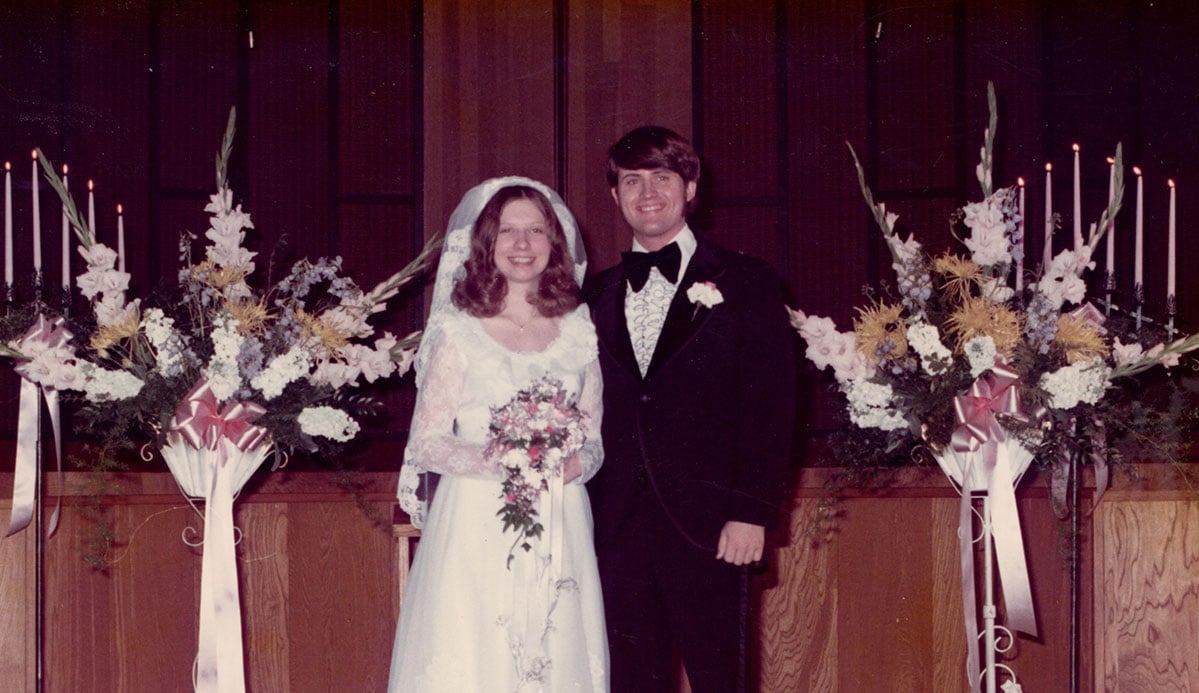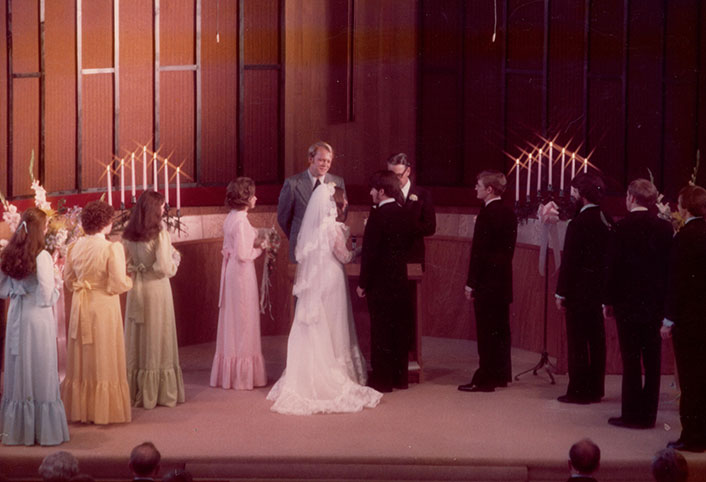Psalm 15:1-5 The Kind of Christian God Wants Me to Be
Psalm 15:1-5 The Kind of Christian God Wants Me to Be is a sermon based on a previous simple thought devotional post I wrote.
The book of Psalms also contains at least one such list of ten things that summarize good behaviour (Psalm 15:2–5). This is the main subject of the ten commandments themselves. In that sense, they are not technically laws at all, for they contain no mention of penalties for those who break them. Rather, they are a kind of policy statement—a bill of rights—showing how relationships between God and humankind were to be viewed within the Old Testament faith community. It is widely agreed by scholars that this list must have originated at a very early period in Israel’s history, and some claim it can be traced back to Moses himself.1
THE QUESTION: What kind of Christian does God want me to be?
The psalm asks the question: What kind of person can hang out with God? What type of person does God consider a friend?
“Lord, who can dwell in Your tent? Who can live on Your holy mountain?” (Psalm 15:1, HCSB)
THE ANSWER: God wants me to be a caring Christian
God wants to be with the kind of friend is someone who knows what it really means to care for others. There are the ten commandments, but isn’t that enough? The fact is that the commandments point to a way of living that can only be accomplished with a relationship with God. God reveals to us how to live life here on Earth. The kind of person that God wants to be with is someone who is willing to share these characteristics with other people. God wants me to be a caring person.
What are the characteristics of a caring person? Jesus described caring – which is the supreme intent of the
Mosaic Law – as loving God and loving one another (Matthew 22:37-40).
“He said to him, “Love the Lord your God with all your heart, with all your soul, and with all your mind. This is the greatest and most important command. The second is like it: Love your neighbor as yourself. All the Law and the Prophets depend on these two commands.”” (Matthew 22:37–40, HCSB)
This psalm lays out a variety of ways in which a person can show that they care, that they love God and love one another.
The fact that there are 10 descriptions of one who qualifies to abide with the Lord (sincere, righteous, honest, without slander, without doing wrong, without reproaching, distinguishes between good and evil, keeps his oath, does not take interest, does not accept bribes) suggests a comparison with the Ten Commandments (though the two lists do not correspond in every item). Obedience to God’s revealed will is the requirement for full participation in the sanctuary.
2
TEN CHARACTERISTICS OF A CARING CHRISTIAN3
Although there is a comparison to the Ten Commandments found in the books of Moses, I want to view these “commandments” as “areas” where we can reveal God’s righteousness in our lives. The big idea with this list is that our worship and life in God are grounded more in ethical behavior than in liturgical correctness.
4
We can list these ten commandments in three different categories based on our actions: (1) the way one walks or relates, (2) the way one speaks, and (3) the way one does or acts.
Personal – “walks”
“The one who lives honestly, practices righteousness, and acknowledges the truth in his heart —” (Psalm 15:2, HCSB)
The first set of three qualities is personal They relate to how I walk with others. God is a God of truth and trustworthiness. The opposite of which is sin. There is a question given at the beginning of the psalm:
“Lord, who can dwell in Your tent? Who can live on Your holy mountain?” (Psalm 15:1, HCSB)
God’s answer begins first with the way one walks or relates with others. These three characteristics of a caring person are related to one’s spiritual walk.
- Lives honestly (Psalm 15:2)
- Practices righteousness (Psalm 15:2)
- Is truthful (Psalm 15:2)
A Christian can only be as honest, righteous, and truthful as their relationship to God. If God is truth, and we are His children, then God expects us to take on His characteristics. We should be honest, truthful, and right in the way we relate with one another. My righteousness is based not on own works, but on my relationship with God. I can only live as honest as my relationship with God. Otherwise, I am not living truthfully. My public life must match my spiritual life. My talk must match my walk. This leads me to the second set of characteristics.
Verbal – “speaks”
“who does not slander with his tongue, who does not harm his friend or discredit his neighbor,” (Psalm 15:3, HCSB)
- Does not slander (Psalm 15:3)
- Does not harm others (Psalm 15:3)
- Does not discredit the neighbors (Psalm 15:3)
Relational – “does”
The final set of characteristics come in two forms. The first form in how I live out my faith with others. This speaks of my moral integrity. Do I believe God and His Word? Do I live it out? Am I consistent in my walk with Him?
“who despises the one rejected by the Lord but honors those who fear the Lord, who keeps his word whatever the cost,” (Psalm 15:4, HCSB)
- Hates the same people whom God has rejected (Psalm 15:4)
8. Honors those who respect God (Psalm 15:4)
USING MONEY AND LOVING PEOPLE
The second form is in my finances. The way I spend my money and how I relate with others concerning money matters to God. Do I want to have a proper relationship with God? Then it matters how I deal with money.
“who does not lend his money at interest or take a bribe against the innocent — the one who does these things will never be moved.” (Psalm 15:5, HCSB)
The first way I deal with money asks the question: “Am I generous?” If I lend money, do I try to make a profit from others? Or will I allow God to use my money for His glory. There are people who I can help. I can either help or hurt someone with my money. The other is about taking a bribe against innocent people. In essence, will I cheat them by charging them interest? Or will I cheat someone by paying someone else to hurt other people? Will I use my money to hurt others? Will I allow God to use my money to help others?
- Doesn’t rob or take advantage of people (Psalm 15:5)
In verse 5 the injunctions of the Jewish law forbade a merchant to take interest on the loans he made to his fellow countrymen (see Exodus 22:25, Deuteronomy 23:19, Leviticus 25:36). Interest rates in the ancient world were extremely high, often from 20 to 50 percent.
5
- Doesn’t cheat people out of their money (Psalm 15:5)
Money can be used to hurt people. The reason is because our love for people gets misplaced. Instead of placing our love with people, we place with money. The New Testament states that:
“For the love of money is a root of all kinds of evil, and by craving it, some have wandered away from the faith and pierced themselves with many pains.” (1 Timothy 6:10, HCSB)
We run the danger of being greedy instead of generous. The Bible teaches here that we need to show our love by the way we use our money.
Verse 5 ends with a postscript. The one who lives righteously “shall never be moved.” He is the one who dwells in God’s presence.
In summary, David’s concern here is with the totality of life determined by the character of God. This includes right speech with our neighbor and integrity in legal and financial matters. Oaths are to stand. Money is to honor God. The innocent are to be protected. We see these standards fulfilled in Christ, and then fulfilled in us who abide in Him and walk “not … according to the flesh but according to the Spirit” (Rom. 8:4). Jesus is the One in whom there is no sin (1 Pet. 2:22). He is the One who manifests the righteousness of God, first, for us and, second, in us (2 Pet. 2:24).
The world and a worldly church care nothing for righteousness. David’s question about who can dwell in God’s tabernacle on Mount Zion, however, still stands and has pressing relevance for us today. This question and the answers which follow are a prescription for life—abundant now and eternal forever in Christ (John 10:10; 11:25).6
These ten characteristics show the kind of caring love and empathy that someone should have who plans to be a friend of God.
Psalm 15 invites us to consider the profound questions, “Lord, who may dwell in your sacred tent? Who may live on your holy mountain?” (15:1). People will respond to these questions in different ways. Some might say the answer depends on church membership or attendance. Others might say the answer depends on how much money a person donates to the Lord’s work.
Although there are many possible answers to these questions, Jesus has made it clear that there is only one appropriate response: “I am the way and the truth and the life. No one comes to the Father except through me” (John 14:6). And Jesus said that many will be surprised on the day of judgment. He instructs, “Enter through the narrow gate. For wide is the gate and broad is the road that leads to destruction, and many enter through it. But small is the gate and narrow the road that leads to life, and only a few find it” (Matthew 7:13–14). There is only one way to the Father, and that is through belief in Jesus (John 3:16). And we should be aware that believing in Jesus is underwritten by an ethical style of life that authenticates our faith.
7
1 John William Drane,
Introducing the Old Testament, Completely rev. and updated. (Oxford: Lion Publishing plc, 2000), 289.
2 Allen P. Ross, “Psalms,” in
The Bible Knowledge Commentary: An Exposition of the Scriptures, ed. J. F. Walvoord and R. B. Zuck, vol. 1 (Wheaton, IL: Victor Books, 1985), 803.
3 Jim Erwin, “Psalm 15:1-5,”
Lectionary Reflections Year B (2014-2015), Logos Bible Software Notes, 27 August 2015, found at
http://www.patheos.com/blogs/jimerwin/2015/08/27/ten-characteristics-caring-person/, accessed on 12 April 2016.
4 C. Hassell Bullock,
Psalms 1–72, ed. Mark L. Strauss and John H. Walton, vol. 1, Teach the Text Commentary Series (Grand Rapids, MI: Baker Books, 2015), 104.
5 Russell H. Dilday Jr. and J. Hardee Kennedy, “Psalms,” in
The Teacher’s Bible Commentary, ed. H. Franklin Paschall and Herschel H. Hobbs (Nashville: Broadman and Holman Publishers, 1972), 299.
6 Donald Williams and Lloyd J. Ogilvie,
Psalms 1–72, vol. 13, The Preacher’s Commentary Series (Nashville, TN: Thomas Nelson Inc, 1986), 128.
7 C. Hassell Bullock,
Psalms 1–72, ed. Mark L. Strauss and John H. Walton, vol. 1, Teach the Text Commentary Series (Grand Rapids, MI: Baker Books, 2015), 109.





